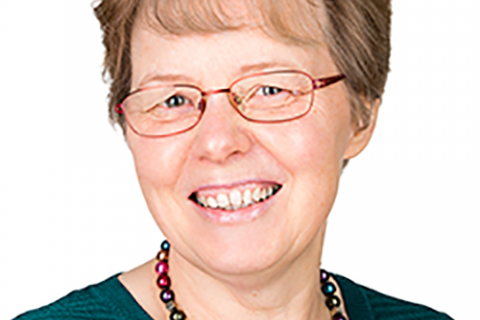
Clean Language Interviewing: Less Bias, Better Data
Training sessions: Mondays 2, 16, 30 March, 13, 27 April and 11 May, 9am to 12:30pm BST/GMT. Practice sessions: Tuesdays 10, 24 March, 7, 21 April and 5, 19 May, 9am to 10:30am BST/GMT
Price: £800.00 (£960 inc VAT)
Community price: £500.00
(£600 inc VAT)
If, for any reason you need to pay the community price, please just go ahead and choose it here.
You will be redirected to our Clean Learning site for purchases.
All event bookings are subject to our terms of sale.
Description
Whether you're conducting research interviews, recruiting candidates, collecting narratives or exploring consumer insights – in fact any situation where you need to gather high-quality data – the questions you ask shape the answers you receive.
Leading questions, assumptions and unconscious bias can easily contaminate your data so you end up with information filtered through your expectations rather than your participant's authentic experience. This happens through simple, very common practices such as paraphrasing, thinking you know what someone means and not asking further questions, or asking questions which are (inadvertently) imbued with your assumptions.
Clean Language Interviewing gives you a way to ask questions that reveal what people think, feel and experience — in their own words, from their own perspective. Over 12 interactive half-day sessions, you'll develop the principles and practice of low-bias interviewing.
By the end of this course, you'll have a framework for interviewing with greater precision and integrity. You'll be better equipped to gather information that's more reliable, richer and more representative of your participants' reality than you ever thought possible.
You'll learn to:
- Use Clean Language to explore people’s experiences and reveal what they actually think, not how you expect them to think
- Focus on what’s important to your interviewee and use their actual words to create questions that get to the heart of the matter quickly
- Recognise when their responses match your purpose — and when they don’t — so you can navigate to more fruitful areas
- Differentiate between different kinds of interviews and tailor your questions accordingly so you gather rich and accurate data
- Plan the kind of information you want from participants and frame your interviews accordingly
- Apply the Cleanness Rating to distinguish between the range of clean and leading questions
- Practice the skills in live interview sessions with expert feedback to build confidence and refine your technique
This course is for anyone who conducts interviews professionally: academic researchers, recruiters, managers, journalists, people gathering requirements, market researchers, consultants, business analysts and HR professionals.
Course format
The training will take place online over 12 weeks - with interactive training sessions alternating with facilitated practice sessions. All the training sessions will be recorded so you can catch up if you miss a session. Please note that the recordings will also be used as the basis of future video training, so while we encourage participants to keep their videos on, we'll understand if you wish to hide yours.
Assessment
You'll have the opportunity to earn an optional certificate in Basic Clean Language Interviewing by submitting a 20-minute interview transcript for assessment. Your interview will be evaluated using the Cleanness Rating and assessed for fitness of purpose. During the course, you'll be able to share one or two practice interviews for peer review and feedback. Interviews for assessment must be submitted within one year of course completion. Future assessment submissions are available for £250 plus VAT.
Your trainer(s)

Caitlin Walker PhD
Director
Caitlin is the developer of Systemic Modelling and author of From Contempt to Curiosity. She is equally at home sharing her ideas with large audiences, facilitating change in small groups and doing deep one-to-one therapy.

James Lawley
James Lawley studied with David Grove for 12 years and is the co-developer of Symbolic Modelling, and co-author of Metaphors in Mind. He teaches Symbolic Modelling to therapists, counsellors, coaches, managers and teachers throughout the world.

Marian Way
Director
Marian loves designing courses, leading them, writing, coaching and group facilitation. She is the author of Clean Approaches for Coaches and co-author of Insights in Space and So you want to be ... #DramaFree.

Pascal Clarkson
Currently living in the Netherlands, Pascal is very active in the Clean Community and co-organises a yearly Clean Language Event. It is his mission to spread the ideas and practices of Clean Language as much as possible, as he believes these to be of great value.
Venue
Online via Zoom